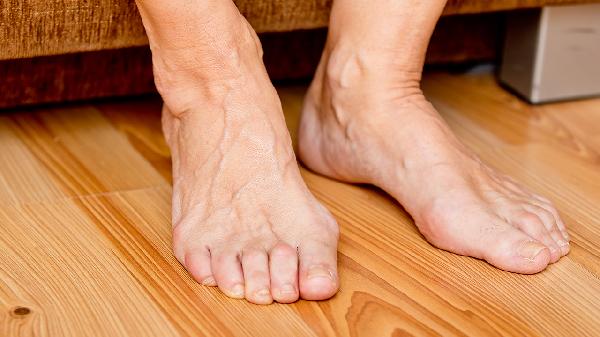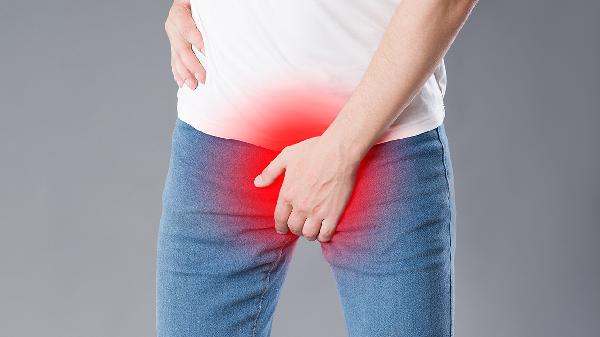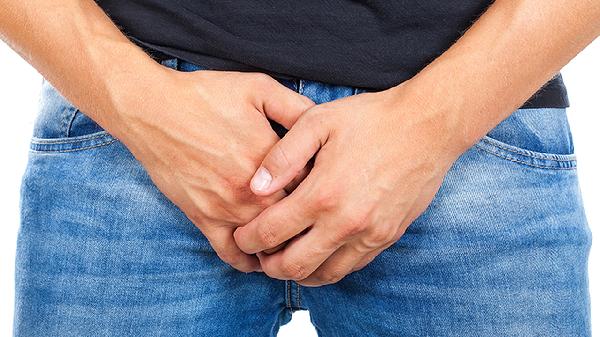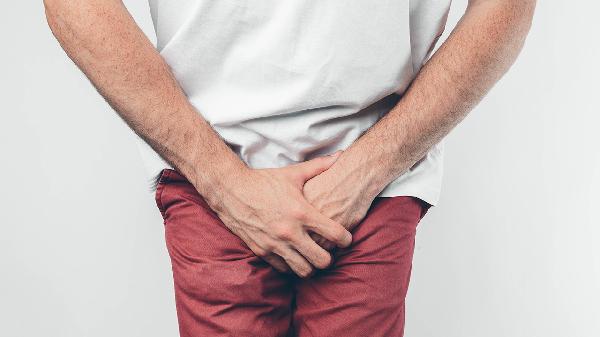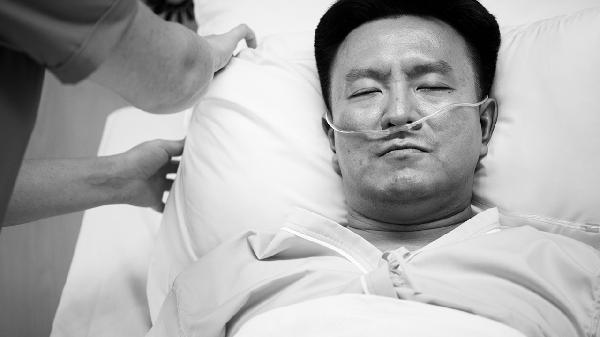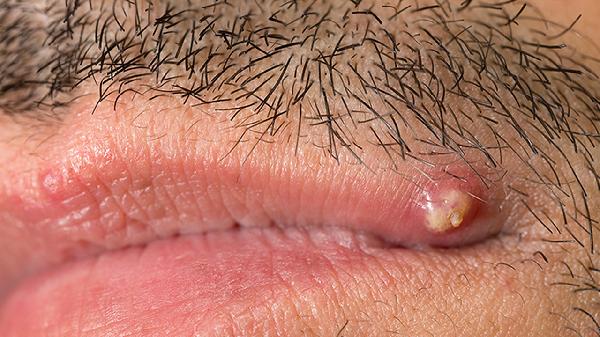If you've been wondering, "Why am I so horny?"—you're not alone. The truth is, heightened sexual desire can stem from a mix of biological, psychological, and even environmental factors. While it might feel overwhelming at times, there’s usually a perfectly normal explanation (or several) behind that extra pep in your libido. Let’s break down the science and the sneaky influences that could be turning up the heat.
Your Hormones Are Throwing a Party
Blame it on the chemical messengers running the show. Testosterone, often dubbed the "horny hormone," isn’t just a guy thing—it plays a key role in women’s desire too. Levels naturally peak during ovulation (hello, mid-cycle cravings) or after a workout (thanks, endorphin rush). But hormonal birth control, thyroid imbalances, or even stress can hijack this system, leaving you revved up or stuck in neutral. If your drive feels out of whack, a quick blood test can spot hormonal gremlins.
Your Brain’s Reward System Is Hooked
Dopamine—the same neurotransmitter that makes TikTok scrolling addictive—also fuels sexual arousal. Novelty (like a new partner or fantasy) triggers a dopamine surge, which your brain remembers… and craves. Meanwhile, serotonin dips (common with anxiety or PMS) can lower inhibitions, making you feel friskier. The kicker? Chronic porn use or frequent masturbation can rewire these pathways, leaving you chasing a high that’s harder to hit. Moderation and mindful habits help reset the balance.
Stress Is a Sneaky Wingman
Ever notice you’re extra turned on during finals week or a chaotic work sprint? Cortisol, the stress hormone, can ironically spike desire as a short-term coping mechanism. It’s your body’s way of seeking pleasure to offset pressure. But long-term stress flips the script, tanking libido as exhaustion wins. The fix? Lean into stress-relief tactics that don’t involve the bedroom (yoga, anyone?), and watch your cravings stabilize.
You’re Not Sleeping—Or You’re Sleeping Too Well
Skimping on shut-eye reduces testosterone, but catch up on rest, and it rebounds—hard. REM sleep is also linked to vivid dreams (including the X-rated kind), which can spill into daytime fantasies. On the flip side, sleep disorders like apnea mess with oxygen flow, dampening arousal. Pro tip: Prioritize 7–9 hours and ditch screens before bed to keep your sleep (and sex drive) in sync.
Your Environment Is Low-Key Teasing You
From steamy TV scenes to that coworker’s cologne, subconscious cues prime your brain for action. Even summer heat or a crowded bar can mimic physical arousal (sweaty palms, racing heart). Social media algorithms? They’re designed to serve thirst traps. Audit your inputs—swap late-night binge-watching for a podcast or adjust your feed—to avoid constant temptation.
Medications Are Playing Games
SSRIs famously curb desire, but lesser-known culprits include allergy meds (antihistamines dry up more than noses) and blood pressure drugs. Conversely, Parkinson’s meds or even some antidepressants may trigger hypersexuality. Always check side effects with your doc; sometimes a dosage tweak or alternative prescription can dial things back to normal.
It’s Just… a Phase
Libido isn’t static. A surge might align with personal milestones (new relationship, post-breakup freedom) or life stages (teen hormones, perimenopause fluctuations). Even boredom or lack of stimulation elsewhere can redirect energy toward sex. Ride the wave if it feels good—just ensure it’s not masking deeper needs, like emotional connection or creative fulfillment.
Bottom line? Being horny isn’t a glitch—it’s your body’s quirky way of responding to the world. If it’s disrupting your life, chat with a therapist or doc to rule out underlying issues. Otherwise, own it (safely, consensually) and remember: desire is as human as craving pizza at midnight.

